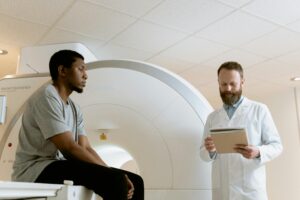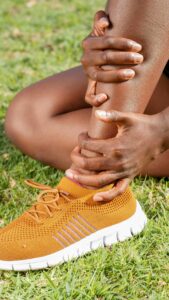Blogs

The Growing Musculoskeletal Health Crisis in WA — and How We Can Reduce Its Impact
The Growing Musculoskeletal Health Crisis in WA — and How We Can Reduce Its Impact By Traci Mitchell (Physiotherapist) Recently I attended the launch of a report from Monash and Curtin Universities which forecasts the burden of musculoskeletal conditions in Western Australia over the next 20 years. The infographic below

Why Many Fitness Plans Fail
Why Many Fitness Plans Fail – The Secret to a Sustainable Fitness Program January is often filled with fresh motivation, big goals, and optimism about what we can achieve for our health. After the indulgence of the festive season, many of us resolve to exercise more, eat better, and feel

Cupping Therapy in Massage
Cupping Therapy in Massage: What It Is and Why Your Body Loves It Cupping is a hands-on technique that many massage therapists use to enhance treatment outcomes. Instead of applying pressure into tight muscles, cupping uses soft suction to lift the skin and underlying tissues. This upward pull can help

New Year, New Fitness Goals? Here’s What to Consider Before You Commit
Before you sign up for another fitness subscription… Read this first Every January, every Monday, and every time a new fitness trend hits your feed, it’s tempting to sign up – again – for another exercise program. A 30-day challenge. A shiny new app. A subscription that promises strength, tone,

“I know I should be doing strength training…”
If you’ve ever said – or even just thought – these words, you’re definitely not alone. Many women in their 40s, 50s, and beyond know that strength training is important, but somehow it keeps slipping down the list of priorities. Between work, family, and all the other demands of

Sprains and Strains: Whats the Difference?
The terminology used by physiotherapists and doctors can sometimes be confusing, especially when it comes to terms like sprains and strains. These words are often used interchangeably, but they actually refer to different types of soft-tissue injuries. What Do We Mean by Soft Tissue? Soft tissue refers to the muscles,